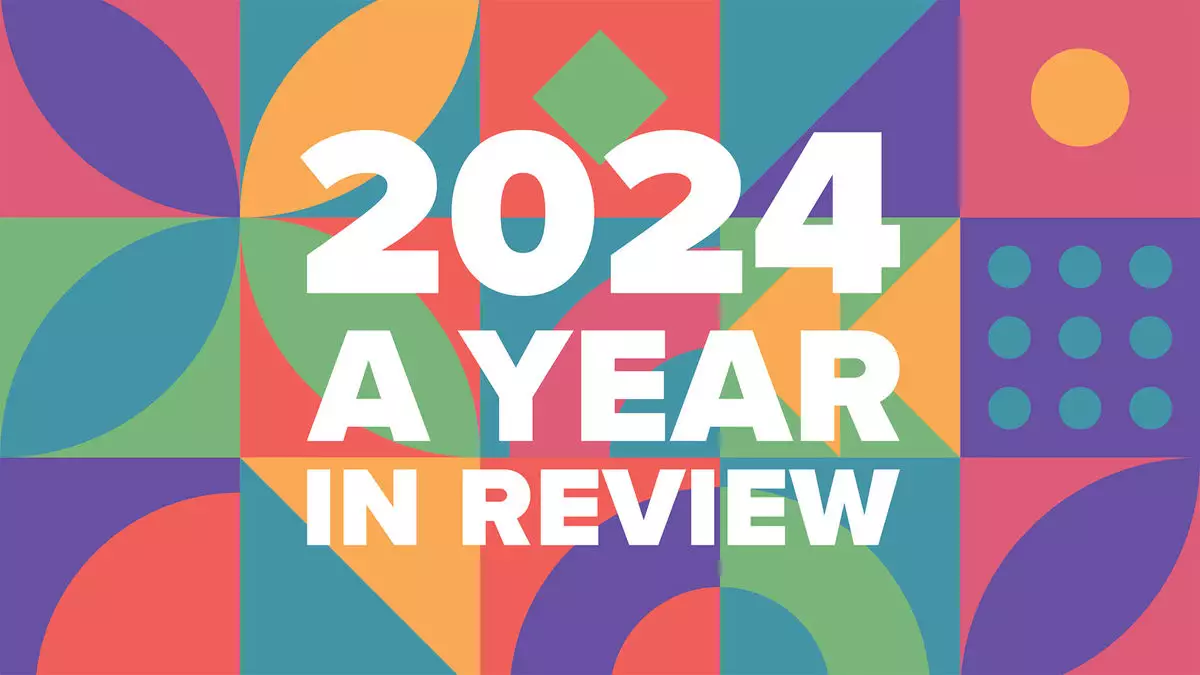The travel industry is undergoing a significant transformation, particularly evident in how professionals are integrating artificial intelligence (AI) into their daily operations. A recent survey by Travel Weekly highlights a remarkable trend: almost half of travel advisors are now utilizing AI technologies. Specifically, the figure stands at 41%, but among younger advisors—those aged 45 and under—the number soars to 58%. This shift is noteworthy given the traditional perception of travel advisors as a demographic that may not be particularly technology-focused. The rapid adoption of AI is a testimony to the immediate benefits these tools offer, particularly in enhancing efficiency and time management.
Emerging AI Platforms: Tailored Solutions for Advisors
Several organizations within the travel sector are leading the charge in AI integration. Signature Travel Network has taken a progressive step by providing its members access to TobyAI, a designed-for-purpose AI platform that assists advisors in creating social media content and crafting personalized travel itineraries. This tool is emblematic of a broader trend, with Travel Leaders Network also partnering with TobyAI to leverage its capabilities. Such initiatives are far from isolated; they demonstrate a collective recognition within the industry of AI’s potential to reshape service delivery.
Moreover, Fox World Travel, which ranks 32nd on Travel Weekly’s Power List, recently launched Colby AI. This assistant not only streamlines workflows but also analyzes traveler preferences and enhances the booking process. This multifaceted approach allows advisors to concentrate more on client relationships while offloading time-consuming tasks to AI. Similarly, Expedia Group introduced Romie, an AI assistant, at its annual partner conference. Reflecting on the omnipresence of AI, CEO Ariane Gorin aptly noted, “It’s everywhere,” underscoring that discussions around AI dominate industry conversations.
The Promise and Pitfalls of AI Integration
While the advantages of AI in travel advisory are clear, advisors must also navigate potential challenges. The rapid pace of technological advancement necessitates continuous learning and adaptation. Advisors who may be less comfortable with technology might feel apprehensive about fully embracing these tools, despite their benefits. Furthermore, there is an ongoing conversation about the balance between AI automation and the personal touch that defines effective travel advisory services. While AI can optimize various processes, the human element remains crucial in building trust and fostering relationships in an industry often characterized by personal experiences.
As the travel industry continues to adapt to the changing technological landscape, AI’s integration is poised to become a cornerstone of how advisors operate. The trend indicates not merely a passing novelty but a fundamental shift in how travel services are delivered and experienced. Advisors who are proactive in adopting these innovative tools will likely find themselves at a competitive advantage as they refine their offerings. The integration of AI signals the dawn of a new era in travel consultancy—one that marries technological efficiency with the irreplaceable human touch, ultimately enriching the overall customer experience.


Leave a Reply